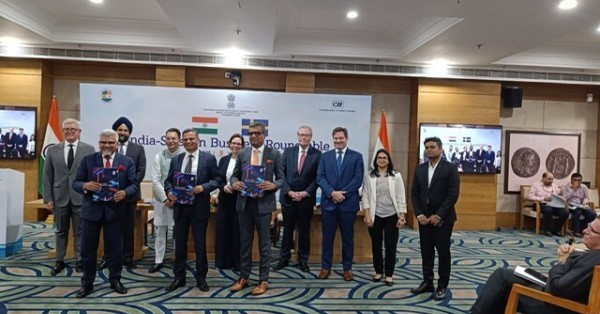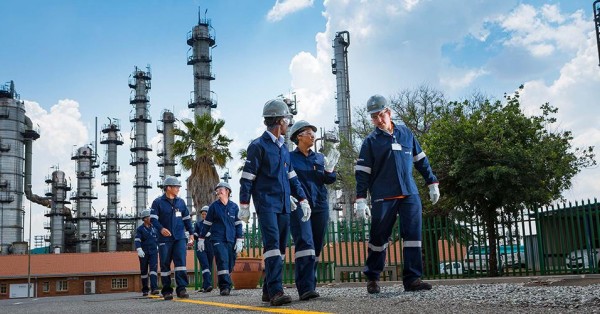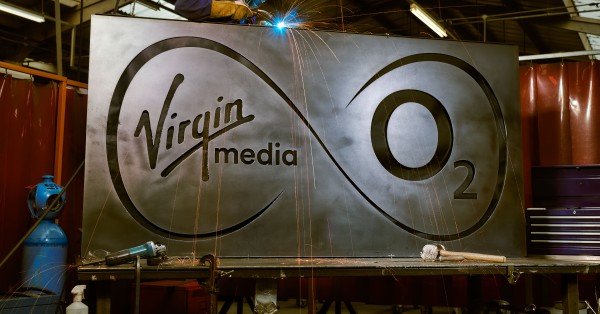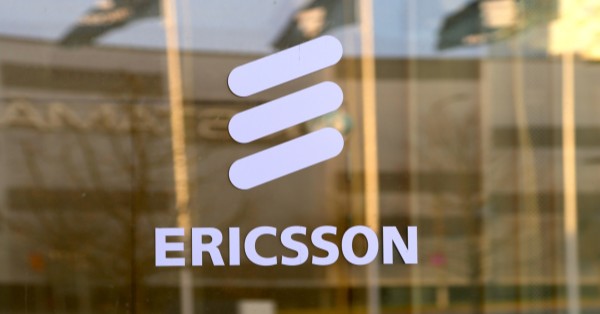Collaboration Aims to Revolutionize Manufacturing with 5G-Powered Innovation
Ericsson, Volvo Group, and Airtel have announced a research partnership in India to explore how Digital Twin technology, Extended Reality (XR), and AI can enhance manufacturing and industrial operations. By leveraging 5G Advanced, this initiative aims to create smarter, more efficient factories, improve workforce training, and drive real-time process optimization.
Blending the Physical and Digital Worlds in Manufacturing
The research will take place at the Volvo Group Factory and R&D Centre in Bangalore. The focus will be on Industrial Metaverse applications, where humans and machines collaborate seamlessly. By combining AI, XR, and 5G connectivity, the project will experiment with immersive training platforms, real-time simulations, and digital twins to improve efficiency and innovation in manufacturing.
Why 5G Advanced is Key to This Project
A major pillar of this initiative is Airtel’s 5G Advanced network, which will provide the low-latency, high-speed connectivity needed to power real-time industrial applications. The benefits of 5G Advanced in manufacturing include:
- Instant simulations and prototyping: Engineers can test new designs and optimize production workflows without disrupting actual operations.
- Immersive workforce training: XR-powered training modules will help employees learn complex tasks in a risk-free virtual environment.
- Real-time monitoring and AI-driven automation: Machines and humans can collaborate more effectively, improving efficiency and safety on the factory floor.
Beyond Efficiency: Unlocking New Business Models
This collaboration isn’t just about improving factory operations. It also aims to pave the way for new revenue streams in industrial applications. By experimenting with smart factory solutions, immersive remote work, and AI-driven automation, the project will help telecom operators and enterprises discover new business models for the future of Industry 4.0 and Industry 5.0.
Industry Leaders Weigh In
Volvo Group: 5G & XR to Drive the Future of Manufacturing
Kamal Bali, President & MD, Volvo Group India emphasized how automation, connectivity, and alternative energy are shaping a sustainable future for the industry. “5G, combined with Extended Reality, will foster real-time collaboration across our R&D and industrial sites. These technologies will help us innovate faster while working towards our goal of becoming a Net Zero company.”
Airtel: 5G-Powered Smart Factories
Sharat Sinha, Director & CEO – Airtel Business, highlighted how Airtel’s 5G network will drive transformation in manufacturing: “Our high-speed, low-latency 5G network will redefine how industries operate. This collaboration with Ericsson and Volvo Group will enable real-time XR applications, boosting productivity and efficiency across factories.”ErcissonEr
Ericsson: 5G as a Game-Changer for Industry 4.0
Nitin Bansal, Managing Director, Ericsson India, underscored how 5G and XR will shape the future of industrial digitalization:“As India embraces Industry 4.0, 5G will be a game-changer in creating intelligent, connected, and immersive industrial experiences. Our collaboration will help industries unlock the full potential of digital transformation.”
What This Means for the Future of Smart Manufacturing
This initiative reflects India’s growing focus on digital transformation in industries. As manufacturers increasingly adopt AI, XR, and Digital Twins, telecom providers like Airtel, and technology leaders like Ericsson will play a crucial role in building the connected factories of the future. EricWith 5G Advanced powering these innovations, the collaboration will set a global benchmark for how industrial metaverse technologies can reshape manufacturing, workforce training, and real-time automation.






























